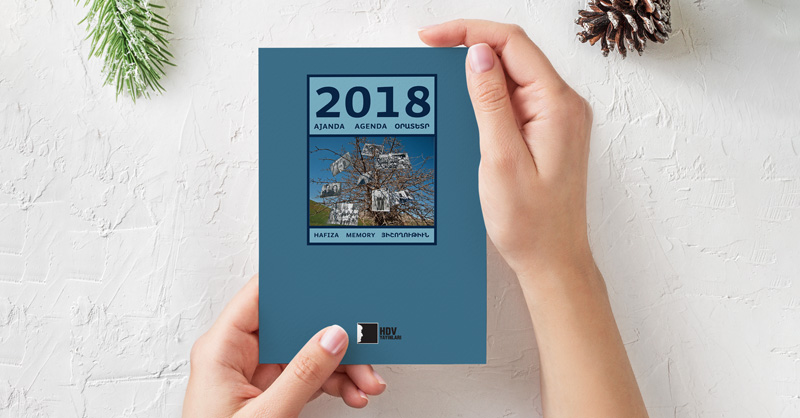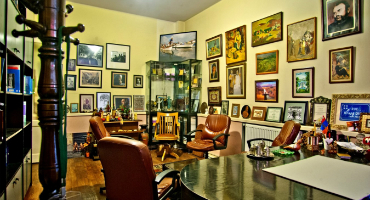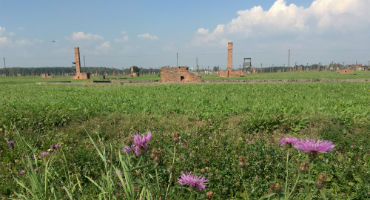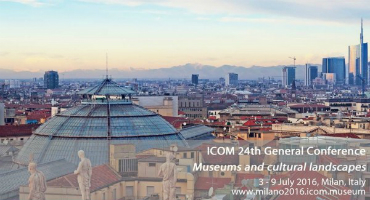Human memory is sensitive and easily triggered. A hardly sensible smell takes us back to our childhood, or a melody coming to our ears can make us visualize the face of an old friend we have not seen in years or an abstract picture our homeland. Memory, however, is not only about remembering or forgetting; it is an irreplaceable part of our selves, identities,and therefore daily lives. It has a decisive role both in our big decisions about the future and in our little daily choices.
Please click here to view this year's agenda and to reach its details.
Memory, “the diary we all carry about with us,” as described by the Irish poet and playwright Oscar Wilde, is certainly the raw material of any nostalgia,whether sweet or bitter, but it can also cause concerns or fears. We are sometimes afraid of forgetting and of remembering at other times; we can be concerned about losing our memory and about not forgetting a story that we want to leave in the past, both at the same time.
The collective memory worries and frightens those with power who stand on a stack of crimes the most because “the disability of human memory is its forgetfulness” – individuals forget, but communities do not easily forget. This is also the reason why the powerful is anxious to rewrite the past; the bigger their crimes they try to hide are, the greater their effort to reshape the society’s memory is. It is not for nothing that nation states strive to establish an official history; yet, the truth about the past has already permeated the collective memory and it cannot be erased, but only pushed deep down.
The memory is a field of struggle for both the society and individuals. Aleida Assmann, known by her work on this subject, notes that remembering is a resistance against forgetfulness,requiring conscious efforts and a system while forgetfulness is an unrecognizably silent process. We tend to record our experiences, plans, and even emotions,in order not to forget them. Until recently,we used chests, autograph books, day planners, notebooks, photo albums, etc.;we now have disks, CD’s, memory cards,hard disks with enormous capacities,and finally clouds as complicated abstract storages.
The meaning attributed to memory varies by the person remembered, the practice of remembering and the object that carries memory along. We now consider the Internet as the safest storage area, and pass our ability to store and remember along to the “safe and limitless” media of technology, which is becoming increasingly common.
Our day planner this year puts the issue of memory under the scope in various aspects and associations. On the pages of our day planner, we have recorded all the things we want to remember and share about memory: from the films and books focusing on forgetfulness and remembrance to the Anatolian districts that have become places of sadness; from “vintage” clothing to the museums which carry the past into the present and speak to the future; from collecting to the animal ability to remember; to women who personally represent the truth with their testimonies, resistance and existence; from hoarding to archiving.
May 2018 have a place in our memories which we never wish to forget...
The agenda includes Muslim, Alevi, Armenian, Greek, Syriac, Kurdish holidays and special days, as well as the national holidays in Turkey.
The themes of the agendas published by Hrant Dink Foundation Publications in the past years were Food (2017) Games (2016), 1915 (2015), Streets (2014), Borders (2013), Trials (2012), Crowds (2011) ve Armenia (2010).
You can reach the agenda from shops and online bookstores. If you cannot find it in your hometown, please feel free to contact us.




